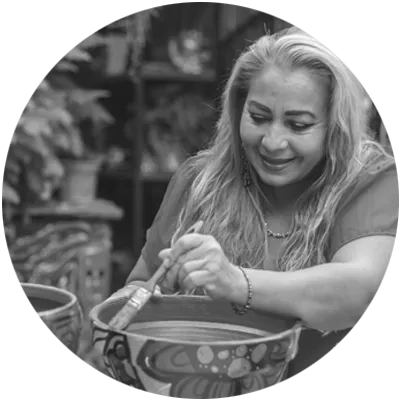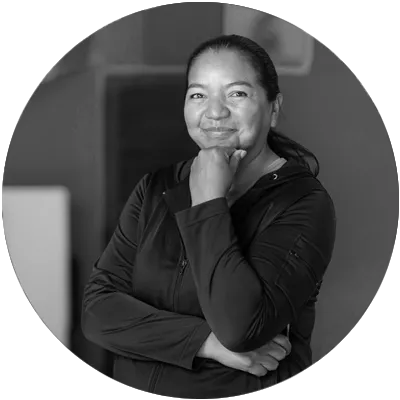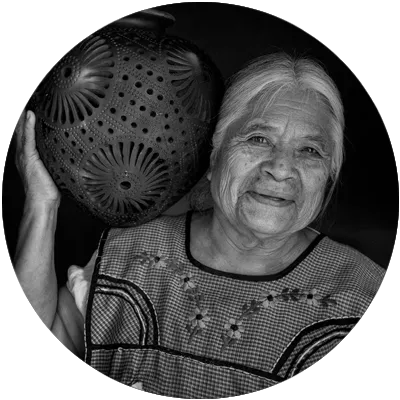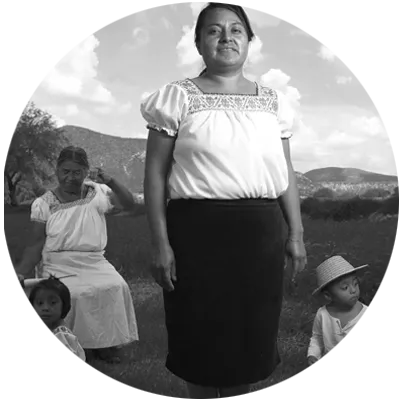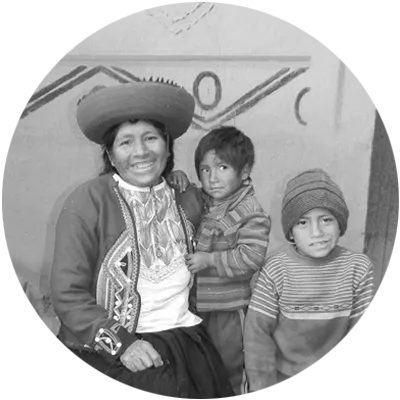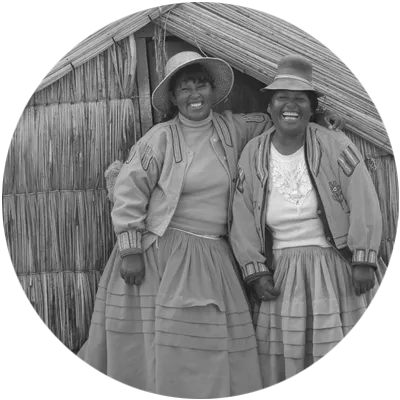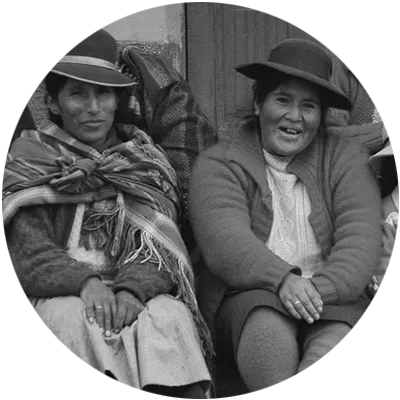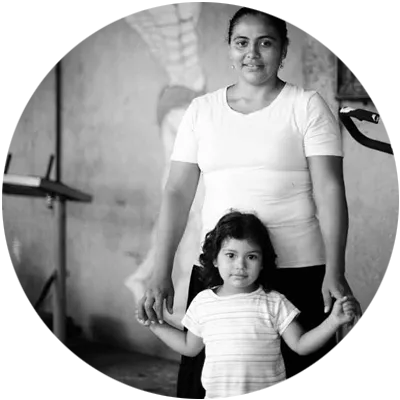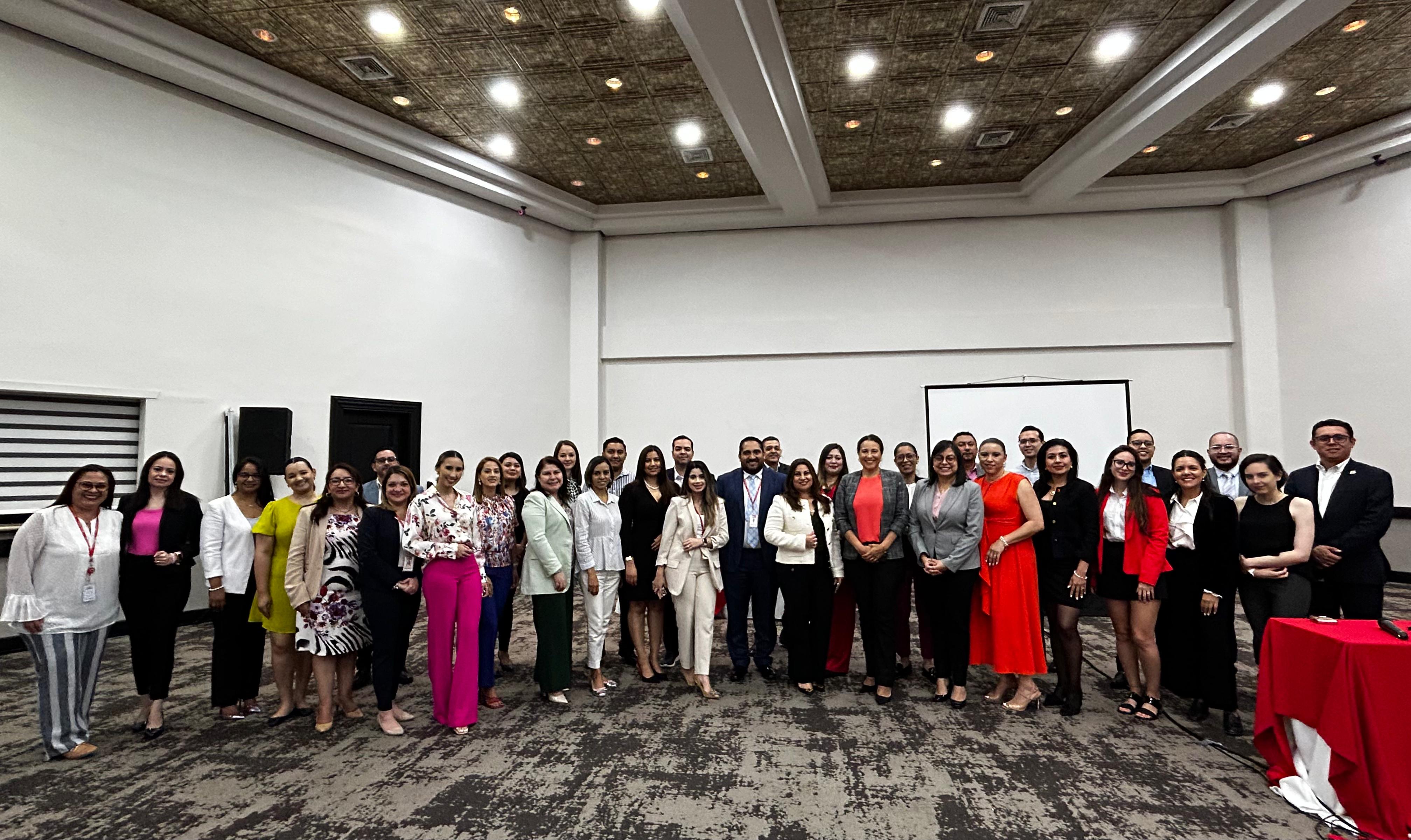On December 3, Pro Mujer and the United States Agency for International Development (USAID) in Colombia, through its “Generando Equidad” (Generating Equity) program, hosted the Knowledge Exchange on the Care Economy in Bogotá. This event brought together key voices from the country’s care ecosystem to reflect and share experiences that promote the recognition and strengthening of this crucial economy.
This conference is part of a comprehensive program developed by USAID and Pro Mujer’s Gender Knowledge Lab (GKL) to address the current challenges of the care economy ecosystem in Colombia and to organize intersectoral care committees designed to promote dialogue, collaboration, and the implementation of care policies with a gender perspective in the cities of Bogotá, Cartagena, Medellín, and Buenaventura.
“This is a space that allows care committees to exchange their experiences on the process of creating spaces from civil society that work on advancing the issue of the care economy on the local, regional, and national public agenda,” explained Juan Echeverry, senior advisor of the Generando Equidad program. “We have invited other kinds of allies, effectively making the care diamond tangible for people at the end of the day.”
During the event, the care committees of the cities covered by the program presented achievements, challenges overcome, and their impact on the formulation of care policies throughout the program. These committees, already established in cities such as Medellín and Bogotá, have proven to be effective tools for coordinating multisectoral efforts and promoting the equitable redistribution of care work.
“This program reflects our commitment to creating sustainable care ecosystems that benefit women and their communities. Recognizing care as an essential pillar not only advances gender equality but also contributes to the social and economic development of the country,” said Jacinta Dillon, Global Lead of SMEs and Social Enterprises at Pro Mujer. “It is truly inspiring to see how these local, coordinated, and networked organizations are transforming the care landscape in Colombia.”
To date, the program has supported 15 companies in the care sector, providing training opportunities in business skills, leadership, and implementation of care policies with a gender perspective through the Emprende Pro Mujer educational platform. In addition, as a result of the project, a toolbox will be developed that includes a guide to good practices so that the project can be replicated in other countries in the region.


